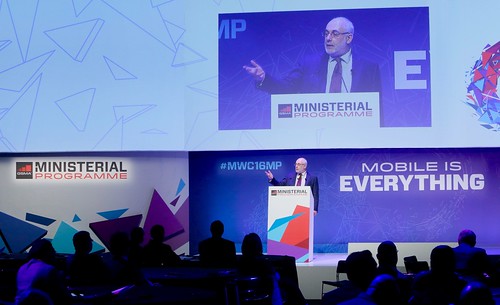I had the great good fortune to be asked to chair Leadership Workshop on Personal Data at this year’s Mobile World Congress in Barcelona. We had presentations from the US and EU and a global panel to discuss the ways in which digital identity can contribute to a digital society.
During the discussions, which obviously in the GSMA context touched on the role of mobile phones in digital identity infrastructure, I began to reflect on the extent to which privacy should be an emergent property of the chosen infrastructure. In other words, can we use the tolls that we have our disposal now (smart cards, biometrics, the internet and so on) to construct a digital identity infrastructure that delivers privacy to citizens in the same way that seat belts deliver safety to drivers: built in, not optional, unobtrusive, cost effective, sensible.
Where’s the seat belt for my digital identity?
Now, I tend to have rather fixed views on this topic, because I’ma big fan of pseudonymity and identity partitioning.


Comments
Post a Comment